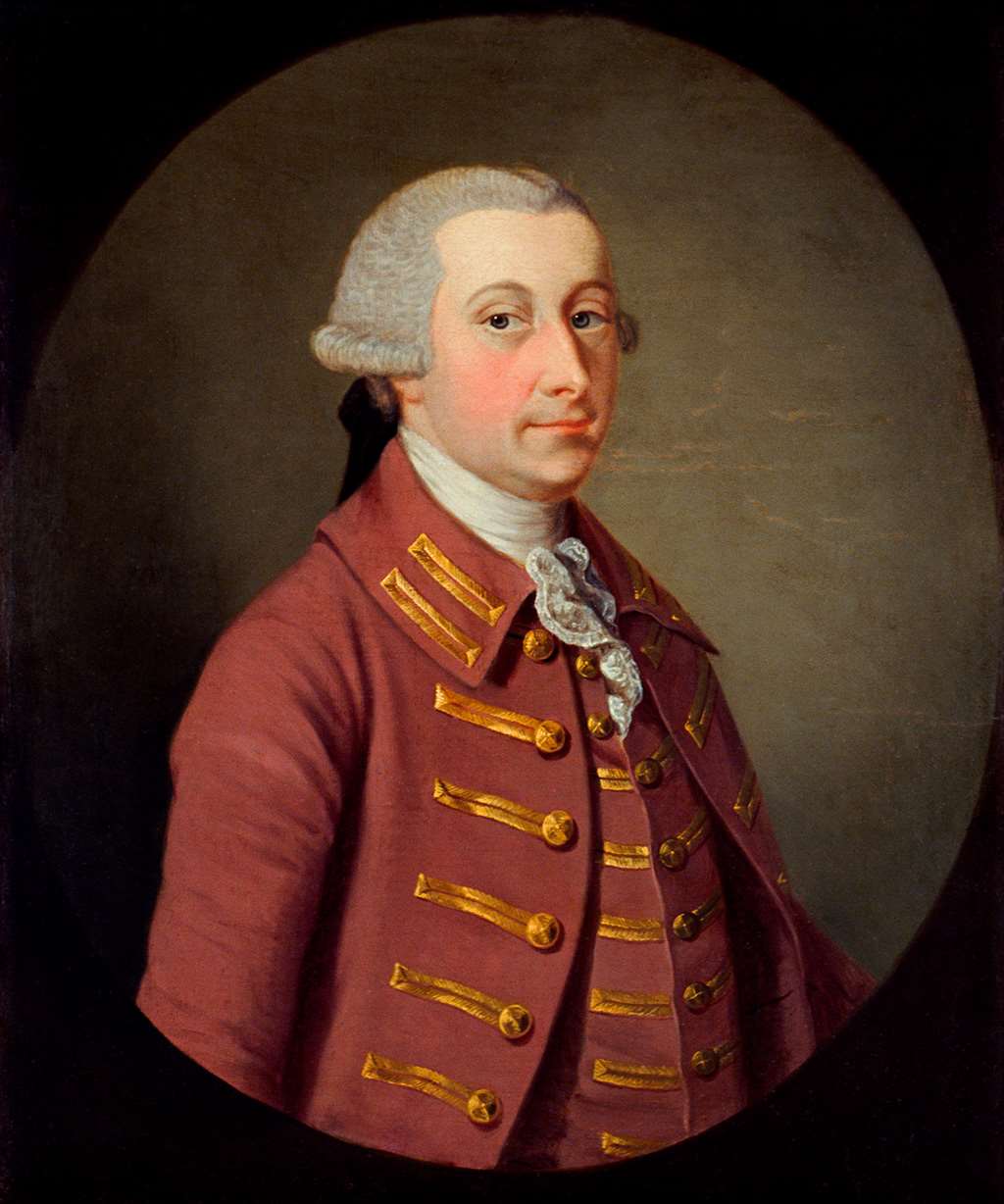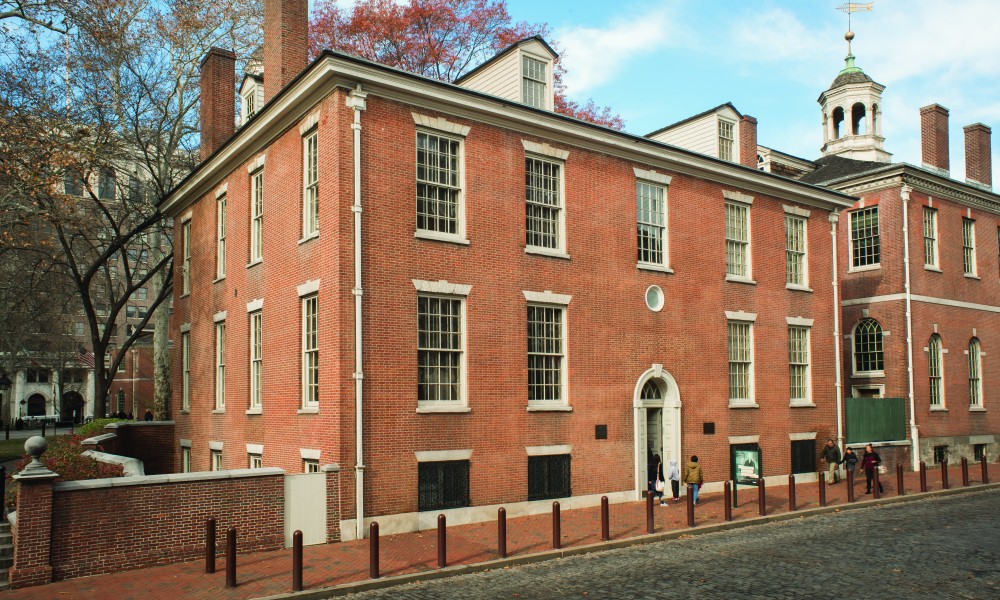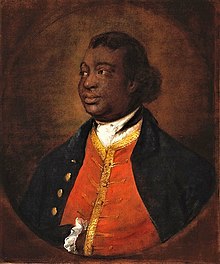Yesterday I shared more than a thousand words about the American Revolution from Nikole Hannah-Jones’s opening essay in “The 1619 Project,” as originally published by the
New York Times.
Most of those words don’t seem to have produced any objections, at least on factual grounds.
Almost all the ire focused on these 135 words, particularly the first three sentences:
Conveniently left out of our founding mythology is the fact that one of the primary reasons the colonists decided to declare their independence from Britain was because they wanted to protect the institution of slavery. By 1776, Britain had grown deeply conflicted over its role in the barbaric institution that had reshaped the Western Hemisphere. In London, there were growing calls to abolish the slave trade. This would have upended the economy of the colonies, in both the North and the South. The wealth and prominence that allowed Jefferson, at just 33, and the other founding fathers to believe they could successfully break off from one of the mightiest empires in the world came from the dizzying profits generated by chattel slavery. In other words, we may never have revolted against Britain if some of the founders had not understood that slavery empowered them to do so; nor if they had not believed that independence was required in order to ensure that slavery would continue.
I’ll discuss the first sentence tomorrow.
I see more problems with the next two sentences, about anti-slavery views in Britain. The abolition movement in that country was still in its infancy, not strong enough to make the body politic “deeply conflicted.” We might well find individual writers who felt “conflicted” in an intellectual or psychological sense, opposing the brutality of the slave trade and chattel slavery while still thinking the empire required it, at least in the short term. But it took decades for seriously deep political fissures to appear.
The British high court’s 1772 decision in
Somerset v. Steuart did limit slavery—but only in Britain. While that case did become an inspiration and precedent for later anti-slavery advocates, Chief Justice
Lord Mansfield made clear that his
legal ruling didn’t have force over in “the Western Hemisphere.”
A few British writers followed the
Somerset decision with calls to limit slavery further. In 1774 the Rev.
John Wesley published
Thoughts Upon Slavery, which advocated (in a footnote) an end to the slave trade and reform of labor practices in the
Caribbean islands. The following year, the
nine-year-old, policy-free letters between the formerly enslaved
Ignatius Sancho and the bestselling novelist
Laurence Sterne were published. Those were indeed part of “growing calls to abolish the slave trade” in 1770s London, but those calls were growing only because they started from nearly nothing—basically
Granville Sharp’s 1769
A Representation of the Injustice and Dangerous Tendency of Tolerating Slavery.
Left out of the paragraph above is how in the decade before the war the legislatures of two large North American colonies—Massachusetts and Virginia—voted to end the transatlantic slave trade into their ports. The royal governors vetoed those measures. Thus, the parts of the British Empire furthest along to actually barring the slave trade were two of the provinces kicking up the most resistance to the Crown. And the
Massachusetts assembly repeated its vote after the
Somerset decision.
Of course, some Western Hemisphere slaveowners didn’t like how the
Somerset case ended. Caribbean planters had bankrolled Steuart’s defense because they worried about an adverse ruling. Despite Mansfield’s insistence, some continued to fret about a slippery-slope trend that could eventually limit the profits from their slave-labor
sugar plantations.
How strong was that worry for North American colonists? In 2005 Alfred W. and Ruth G. Blumrosen wrote
Slave Nation: An Unflinching Look at the Racism that Inspired the American Revolution, arguing that “racist fury over [the
Somerset case] united the Northern and Southern colonies and convinced them to fight for independence.” (Their son Steven Blumrosen is credited as coauthor of the paperback edition, which might have been revised.) In 2014 Gerald Horne echoed that argument in
The Counter-Revolution of 1776: Slave Resistance and the Origins of the United States of America and emphasized white Americans’ fears about uprisings of the enslaved before and during the war.
All three of those authors were respected professors, though they were working outside their core specialties; the Blumrosens were experts on discrimination law while most of Horne’s books are about nineteenth- and twentieth-century history. Both titles received early praise for raising provocative and important questions about the Revolution and some prominent mainstream reviews.
In most historical journals, however, reviewers criticized the lack of evidence that leaders of the American resistance showed so much concern about the
Somerset case, or any concern at all. Some pointed out how the authors had misinterpreted their eighteenth-century sources, or read backward from later abolitionist writers. However, no one argued that these books were so flawed that we should reject them entirely. They were part of an ongoing historiographical debate.
Hannah-Jones’s essay in “The 1619 Project” appears to have relied on Horne’s argument and possibly the Blumrosens’, among others. However, she stopped short of adopting their position that fear of an end to slavery because of British policy and/or uprisings was the cause, or even the main cause, of the American Revolution.
Nevertheless, some critics of “The 1619 Project” insist on misreading the paragraph above that way.
TOMORROW: Actual words.




